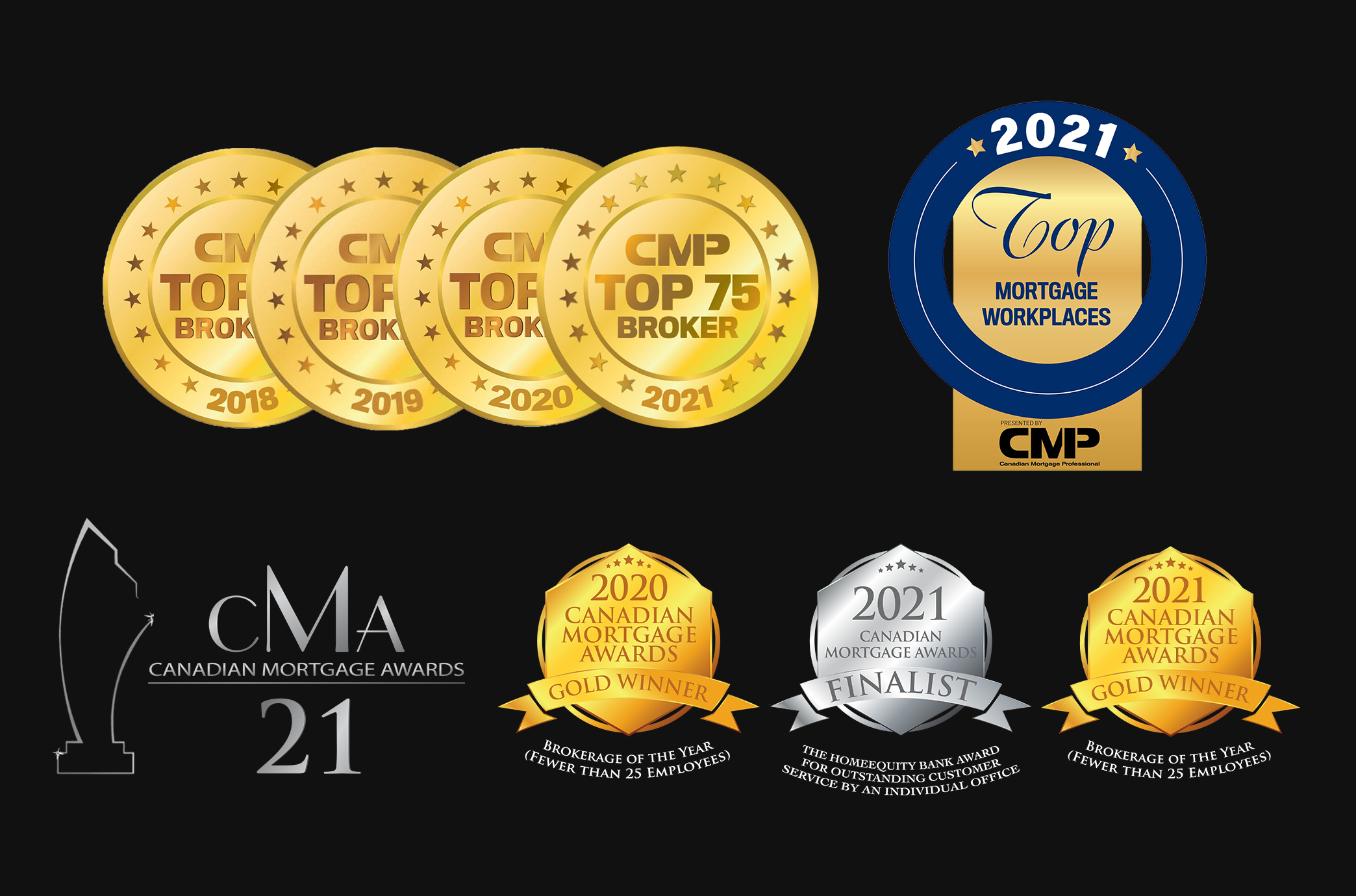Great Mortgages. The Right Insurance. Expert Advice.
Fixed vs. Variable Mortgage Rates: How the U.S.-Canada Trade War Could Reshape the Housing Market
With new U.S. tariffs on Canadian goods, the economic landscape is shifting rapidly, bringing significant implications for interest rates, the housing market, and mortgage borrowers. While the broader economic consequences are still unfolding, two key factors (recession risk and inflation uncertainty) will be critical in shaping mortgage rates over the coming months.
How Could This Trade War Impact Interest Rates?
The U.S. is imposing a 25% tariff on most Canadian exports and a 10% levy on oil, natural gas, and electricity, while Canada is countering with tariffs of its own. The result? Economic instability, job losses, and supply chain disruptions that could trigger:
- A Recession: If the tariffs persist, unemployment could spike, GDP growth could stall, and mortgage defaults may rise by 50%. Historically, recessions push interest rates lower as central banks attempt to stimulate the economy.
- Higher Inflation: Tariffs drive up the cost of goods, which can fuel inflation. The Bank of Canada (BoC) models suggest inflation could surge by 0.8 percentage points within 12 months and by 1.3 points in 2026, potentially pushing core inflation back over 3%.
The BoC now faces a delicate balancing act: Cut rates to cushion the economy, keep them steady, or even hike them if inflation takes off.
What Does This Mean for Mortgage Rates?
Given these conflicting pressures, we could see:
- Short-term declines in fixed rates due to falling bond yields from investor flight to safety.
- Potential rate cuts from the BoC if a recession materializes. Some economists are predicting up to 1.50% in rate cuts over the next six months in a worst-case scenario.
- Higher long-term interest rates if inflation becomes entrenched, leading to rising yields and, ultimately, more expensive fixed mortgage rates down the road.
As of today, bond yields are already down 6%, which could mean fixed mortgage rates start with a “3%” by the end of the week. However, if inflation concerns intensify, this downward trend may reverse quickly.
Fixed or Variable: What’s the Best Move?
- If you believe a recession is coming, variable rates could be the better bet. A sharp economic slowdown could force the BoC to slash rates, making variable-rate mortgages significantly cheaper over time.
- If inflation sticks around longer than expected, fixed rates might be the safer choice. Borrowers who lock in today’s lower fixed rates could avoid rate hikes later if inflation forces the BoC’s hand.
This trade war introduces more uncertainty than ever, making the mortgage decision highly dependent on your risk tolerance and financial situation. If you prefer stability, a short-term fixed-rate (e.g., 2-3 years) could be a compromise, giving you flexibility while protecting against near-term volatility.
The Bottom Line
The mortgage market is at a crossroads, with recession risk pulling rates down and inflation pressures pushing them up. While fixed rates may drop in the short term, a prolonged trade war could bring inflation back, causing rates to rise later. Borrowers need to weigh economic risks carefully and stay informed as new developments unfold.



